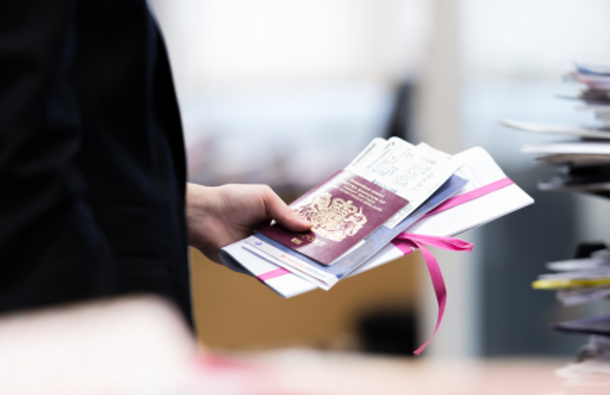The number of barristers with international practices is growing all the time, and within every specialist area there are opportunities to develop an international practice.
The Bar Council advises and supports members engaging in cross-border practice. Its International Committee has produced an International Practice Information Pack containing practical advice for members of the Bar who are practising internationally or intending to do so.
The Bar Standard Board's Handbook governs certain categories of international legal services provision. It is important that you familiarise yourself with these before you accept instructions from foreign law firms or lay clients. One important rule is that barristers receiving instructions directly from foreign lay clients must complete the public access training. Foreign lawyers on the other hand are defined as professional clients and can be dealt with in the same way as solicitors (except that they would not be able to provide litigation services in England and Wales unless they had a solicitor associate or partner).
While in general terms international practice can be understood to mean delivering legal services cross-border in any mode, the Bar Standard Board's Handbook rules relating to international practice apply only to certain international legal services delivered by barristers as outlined by the concepts of "foreign work", "foreign client" and "foreign lawyer" (see Part 6 of the Handbook (Definitions).
A barrister undertaking foreign work is also required, as a matter of professional conduct, to comply with the applicable rules of the foreign place in question, subject to the overriding Core Duties described within the Handbook.
When practising abroad, barristers must also observe any restrictions on foreign lawyers' practice contained in local law and in the rules of foreign legal professional regulators. If you wish to find out how to obtain rights of audience or what your practice rights are as a barrister in a particular overseas jurisdictions it is generally best to contact first the local Bar association.
One major jurisdiction where the practice right of foreign lawyers vary significantly from state to state is the USA. See an overview of the practice rules in the USA's 50 states.
The Bar Council's International Committee and staff team assist the Bar in further raising its international profile and provide events and opportunities for members of the Bar to develop their international practice.
The Bar Council works with government and other bodies to improve the access of barristers to foreign legal markets.
Foreign legal qualifications (and foreign languages) are often useful for developing an international practice. We recommend that barristers interested in qualification or rights of audience in another jurisdiction contact the relevant national Bar association.
Barristers who hold a foreign legal qualification may accept instructions under that qualification, but they are still bound by the rules of the Handbook when supplying legal services under that qualification.
